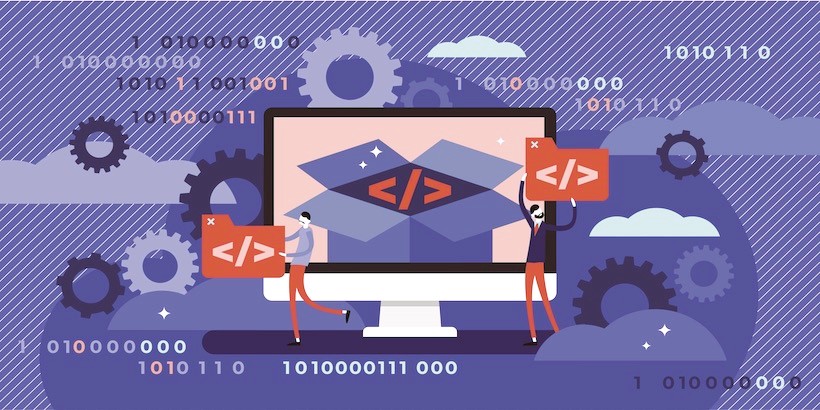In an age where technology intertwines with every aspect of our lives, Open Source Software (OSS) has emerged as a powerful catalyst for promoting transparency, accountability, and collaboration, especially in the realm of human rights initiatives. This article delves into the significance of Open Source Software in advancing transparency within human rights efforts, exploring how this collaborative and accessible approach is shaping the landscape of advocacy and accountability.
1. The Essence of Open Source Software
Open Source Software refers to software whose source code is freely available to the public, allowing anyone to view, modify, and distribute it. This collaborative model encourages a community-driven approach to software development, fostering innovation through shared knowledge and expertise. In the context of human rights initiatives, the transparency inherent in OSS plays a pivotal role in amplifying the impact of these endeavors.
2. Collaboration and Global Reach
Human rights issues are often complex and multifaceted, requiring a collective effort to address effectively. Open Source Software facilitates collaboration on a global scale, enabling developers, activists, and organizations from diverse backgrounds to contribute their skills and insights. Projects related to human rights, such as secure communication tools, data analysis platforms, and documentation systems, benefit from the combined expertise of a global community. This collaborative approach ensures that solutions are more robust, adaptable, and reflective of the diverse needs of the communities they aim to serve.
3. Transparency in Code and Decision-Making

Transparency is a fundamental principle of human rights advocacy, and OSS aligns perfectly with this ethos. The open nature of the source code allows stakeholders to scrutinize the software, ensuring that it operates ethically and aligns with human rights values. This transparency extends beyond the code itself to the decision-making processes within OSS projects. Discussions, feature planning, and issue resolutions are often conducted in the open, fostering a culture of accountability and inclusivity.
4. Empowering Local Communities
Human rights challenges vary across regions, and local perspectives are crucial for developing effective solutions. Open Source Software empowers local communities by providing them with the tools and resources needed to address their unique challenges. Whether it’s a mobile app for documenting incidents of human rights violations or a platform for secure communication, OSS enables communities to take control of their technological infrastructure, ensuring that solutions are tailored to their specific needs. Do you like the article? Read about the Art of UI/UX Design.
5. Accessibility and Inclusivity
One of the hallmarks of Open Source Software is its accessibility. By making source code freely available, OSS lowers barriers to entry for developers and organizations, fostering a more inclusive and diverse community. This inclusivity is particularly vital in the context of human rights, as it ensures that a wide range of perspectives and experiences are considered when developing solutions. Moreover, it allows smaller organizations and grassroots movements to leverage high-quality software without the financial burden of proprietary alternatives.
6. Security and Trust
Trust is paramount in human rights initiatives, and the transparent nature of Open Source Software enhances the security and trustworthiness of the tools used. With the ability to examine the source code, users can verify that the software is free from hidden vulnerabilities or malicious intent. This level of transparency builds trust among users, fostering confidence in the technology that underpins their human rights efforts.
7. Case Studies in Open Source Human Rights Software

Several impactful projects exemplify the intersection of Open Source Software and human rights initiatives. The Tor Project, an open-source software project that enables anonymous communication, has been instrumental in supporting individuals in censored regions to access information freely and securely. Similarly, Ushahidi, an open-source platform for crowdsourced mapping, has been used to document and visualize human rights abuses worldwide. These projects showcase the power of OSS in addressing complex challenges and amplifying the voices of those who need it most.
Conclusion
Open Source Software stands as a beacon of transparency and collaboration in the field of human rights initiatives. By embracing the principles of openness, inclusivity, and accessibility, OSS empowers communities, fosters global collaboration, and strengthens the technological foundation of human rights advocacy. As we navigate the complexities of the modern world, the use of Open Source Software in human rights efforts continues to be a driving force for positive change.
For further exploration of the impact and principles of Open Source Software, you can refer to the Wikipedia page on Open Source Software. This comprehensive resource provides detailed insights into the history, philosophy, and standards of open-source development, offering a valuable reference for those interested in the transformative potential of collaborative software initiatives. Stay informed and be part of the open-source movement that is shaping the future of human rights advocacy.
